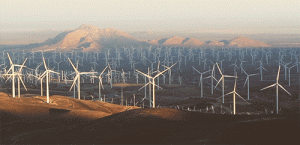EasternVol
Well-Known Member
- Joined
- Nov 18, 2021
- Messages
- 9,283
- Likes
- 6,814
Dams have their own drawbacks as do all current means of energy production. And if they're poorly planned or sited they're worse. Look at the degredation of the Mekong from dams upstream in PRC, or at Tapanuli in Sumatra (hmm, PRC built too) for example. TVA dams at least have benefits apart from energy production (flood control, recreational, economic development) and are sustainable. They produce for what, 100 or more years?Obviously, Eastern was speaking about mining : I'm pointing out that the fun we have on our Lakes also comes at a cost to some (the total elimination of "huge chunks of" land to gain boating access and elect), showing the similarities with mining of coal, diamonds, nickel and other resources and Walmart-type developments.
Simple concept.
Good news -- "Tesla confirmed that nearly half of all its vehicles produced last quarter (Dec '21) are already using cobalt-free iron-phosphate (LFP) batteries"
Mining to meet additional demand of minerals for EV batteries is a one time per place operation and in the 3rd world ruins the land and nearby rivers, lakes and sea.
It's not apples to apples.
Read Mongabay or something similar to see what's happening to get that battery material.
EV's are being pushed hard as our environmental salvation but those driving that agenda are silent on the massive environmental costs. That's not to mention the benefit to PRC.
Last edited:



